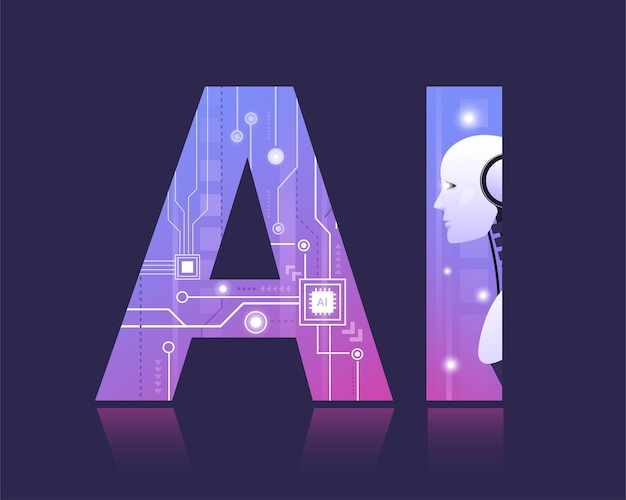
As Artificial Intelligence (AI) continues to transform industries and economies, the call for significant social policy changes grows louder. Professor Geoffrey Hinton, widely regarded as the "godfather of artificial intelligence," recently emphasized the need for a Universal Basic Income (UBI) to address the socio-economic challenges posed by AI's rapid advancements.

Speaking to BBC Newsnight, Hinton highlighted the potential of AI to displace numerous mundane jobs, advocating for UBI as a crucial measure to pacify the resulting inequality.
Hinton, a pioneer in the development of neural networks, which underpin much of today's AI technology, has a profound understanding of AI's capabilities and its disruptive potential. His work has laid the foundation for many of the applications driving the current AI boom.
Until his departure last year, Hinton was employed by Google, a leading force in AI research and development. He left the tech giant to freely discuss the urgent need for regulatory measures to manage AI's impacts on society.
In his BBC interview, Hinton revealed that he had been consulted by policymakers in Downing Street, where he advised that implementing a UBI could be a viable solution to the economic disruptions caused by AI.
"I was consulted by people in Downing Street and I advised them that Universal Basic Income was a good idea," Hinton stated.
He expressed concern that while AI is poised to significantly enhance productivity and generate wealth, this wealth would likely accumulate in the hands of the already affluent, worsening social inequality.
The fundamental concept of UBI is straightforward: the government provides all citizens with a fixed amount of money, regardless of their financial situation. This model aims to ensure a basic standard of living for everyone, irrespective of employment status. Proponents argue that UBI could offer financial security in a future where AI-driven automation significantly reduces the demand for human labor in certain sectors.
However, the proposal of UBI is not without its critics. Skeptics argue that such a system would be prohibitively expensive and could necessitate reallocation of funds from other vital public services.
There is also debate over its effectiveness in truly alleviating poverty. Critics contend that a blanket payment to all citizens might not address the nuanced needs of the most vulnerable populations, and instead, tailored social programs might be more effective.
Despite these criticisms, the discussion around UBI is gaining traction, driven by concerns over AI's potential to create widespread job displacement. Hinton’s endorsement of UBI adds a significant voice to this debate, given his authority in the AI field. His perspective emphasizes a critical need to rethink traditional economic and social policies in light of technological advancements.
The dialogue initiated by experts like Hinton is essential. As AI technology continues to evolve, it is crucial for policymakers to explore innovative solutions that ensure the benefits of AI are distributed equitably across society.
The rise of AI necessitates a re-evaluation of how we address economic inequality. Professor Geoffrey Hinton’s advocacy for UBI highlights the urgency of this issue. While the implementation of UBI presents significant challenges, it also offers a potential pathway to safeguard social stability and ensure that the gains from AI advancements benefit all members of society.
As the debate continues, it is crucial for governments, businesses, and civil society to engage in this critical conversation to shape a future where technology enhances, rather than undermines, human well-being.











